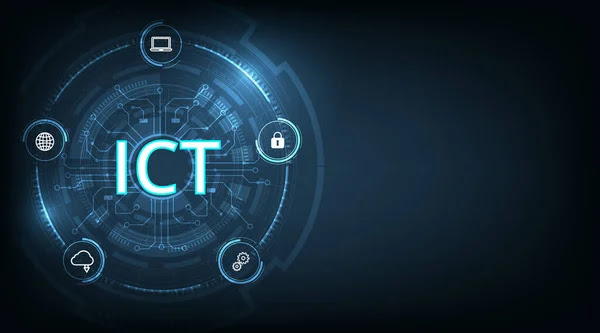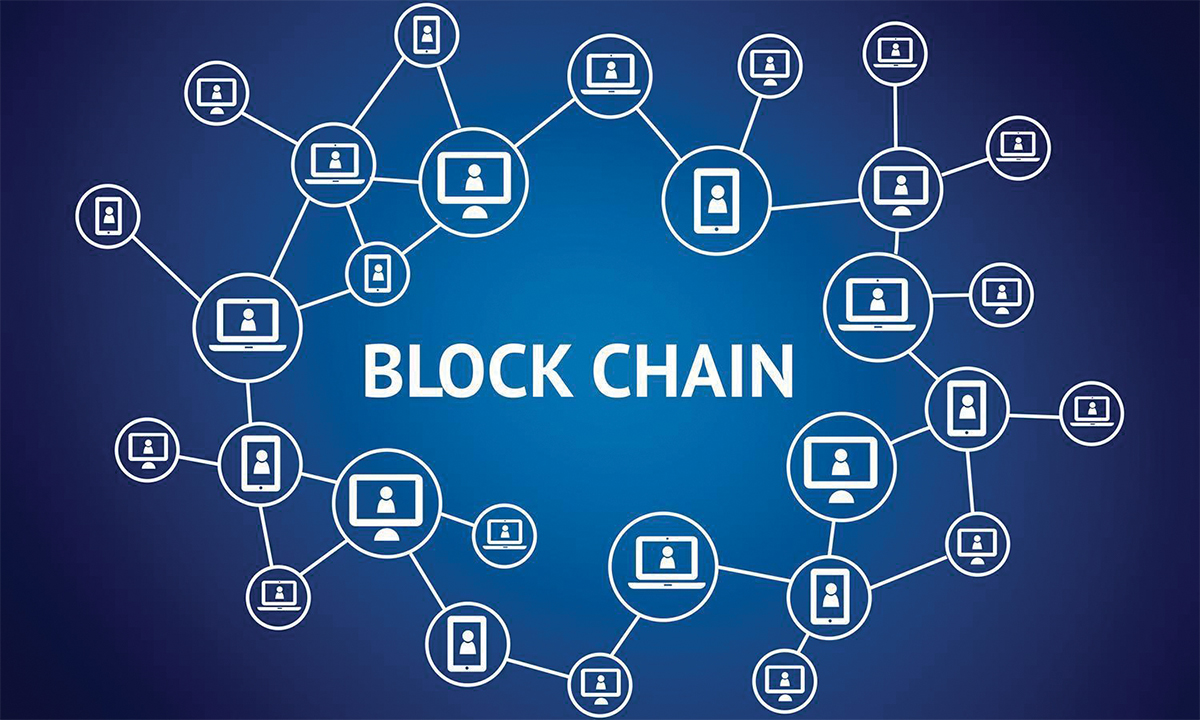Introduction
Blockchain technology, originally conceived as the underlying infrastructure for cryptocurrencies like Bitcoin, has evolved into a versatile tool with applications far beyond digital currencies. The decentralized, secure, and transparent nature of blockchain has captivated industries seeking to enhance efficiency, security, and trust. In this exploration, we'll dive into the diverse realms where blockchain is making a profound impact, extending its influence beyond the financial sector.
Understanding Blockchain
Before delving into its applications, it's crucial to grasp the fundamental principles of blockchain. At its core, blockchain is a decentralized ledger that records transactions across a network of computers. Each transaction, or block, is linked to the previous one, forming a chain. This chain is secured through cryptography, making it resistant to tampering and fraud. The decentralized nature of blockchain means that no single entity has control, fostering transparency and trust.
Blockchain in Supply Chain Management
One of the pioneering applications of blockchain outside of finance is in supply chain management. Traditional supply chains involve numerous stakeholders, creating challenges in terms of transparency and traceability. Blockchain addresses these issues by providing an immutable record of every transaction or movement of goods.
For instance, Walmart, one of the world's largest retailers, has implemented blockchain to enhance the traceability of food products. By scanning QR codes on the packaging, consumers and retailers can trace the journey of a product from its origin to the shelf. This not only ensures the authenticity and quality of products but also expedites the process of identifying and recalling defective products.
Blockchain in Healthcare
In the healthcare industry, privacy, security, and interoperability are paramount concerns. Blockchain offers a solution by providing a secure and decentralized platform for storing and sharing sensitive health data. Patients gain more control over their medical records, deciding who can access their information and for what purpose.
MedicalChain, a blockchain-based platform, allows patients to share their medical data securely with healthcare professionals. This not only streamlines the healthcare process but also enhances the security and privacy of patient information.
Transforming Real Estate with Blockchain
Real estate transactions are notorious for their complexity and paperwork. Blockchain simplifies this process by facilitating transparent, secure, and efficient property transactions. Smart contracts, self-executing contracts with the terms of the agreement directly written into code, enable seamless transactions without the need for intermediaries.
Countries like Sweden are exploring blockchain for real estate transactions to reduce fraud and streamline the cumbersome paperwork associated with property deals. This not only speeds up the process but also reduces costs and enhances transparency.
Blockchain in Identity Management
Identity theft and data breaches are growing concerns in the digital age. Blockchain provides a robust solution for identity management by decentralizing and securing personal information. Individuals have greater control over their digital identities, deciding who can access specific details.
The Sovrin Foundation, for example, is developing a global decentralized identity system. Users can own and control their digital identity without relying on central authorities, reducing the risk of identity theft and unauthorized access to personal information.
Blockchain in Voting Systems
Election integrity is a critical aspect of any democracy. Blockchain can enhance the security and transparency of voting systems by providing a tamper-resistant and verifiable record of votes. Each vote is recorded as a block, and once added to the blockchain, it becomes nearly impossible to alter.
Voatz, a mobile voting platform, uses blockchain to secure and streamline the voting process. By leveraging blockchain's immutability, Voatz aims to enhance trust in digital voting systems and make elections more accessible.
Challenges and Considerations
While the potential applications of blockchain are vast, challenges persist. Scalability, energy consumption, and regulatory uncertainties are among the hurdles that blockchain technology must overcome to achieve widespread adoption. Additionally, interoperability between different blockchain platforms remains an ongoing concern.
Conclusion
Blockchain technology, initially synonymous with cryptocurrency, has transcended its origins and is reshaping industries across the spectrum. From supply chain management to healthcare, real estate, identity management, and voting systems, blockchain's decentralized and secure nature provides solutions to long-standing challenges. As the technology continues to mature and overcome challenges, its transformative influence on diverse sectors will likely become even more pronounced, ushering in a new era of transparency, efficiency, and trust. The journey of blockchain beyond cryptocurrency is just beginning, promising a future where decentralized solutions redefine the way we interact with various aspects of our lives.


